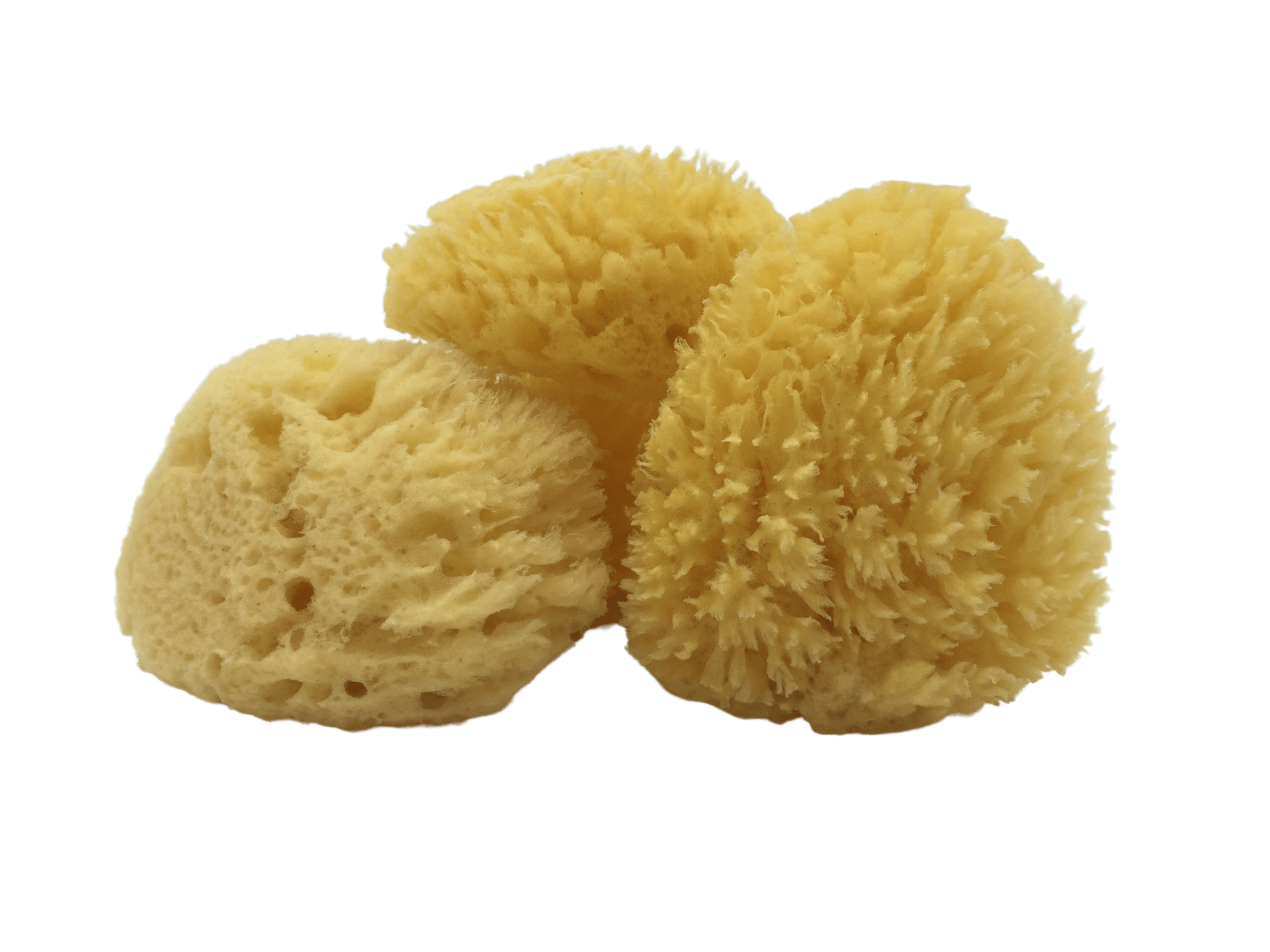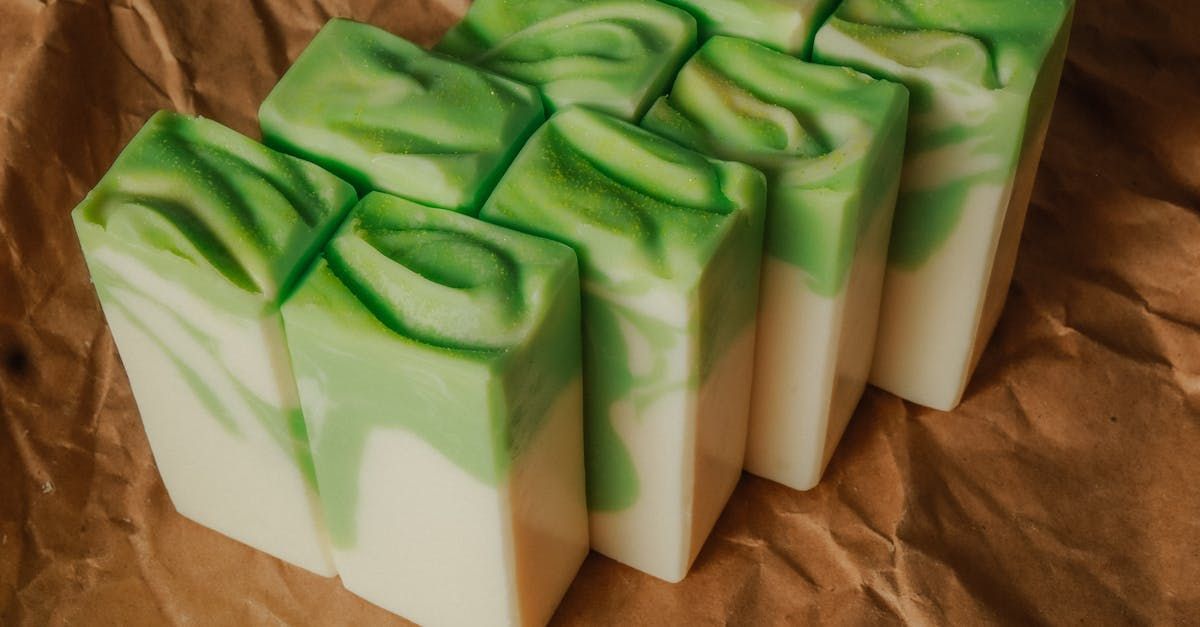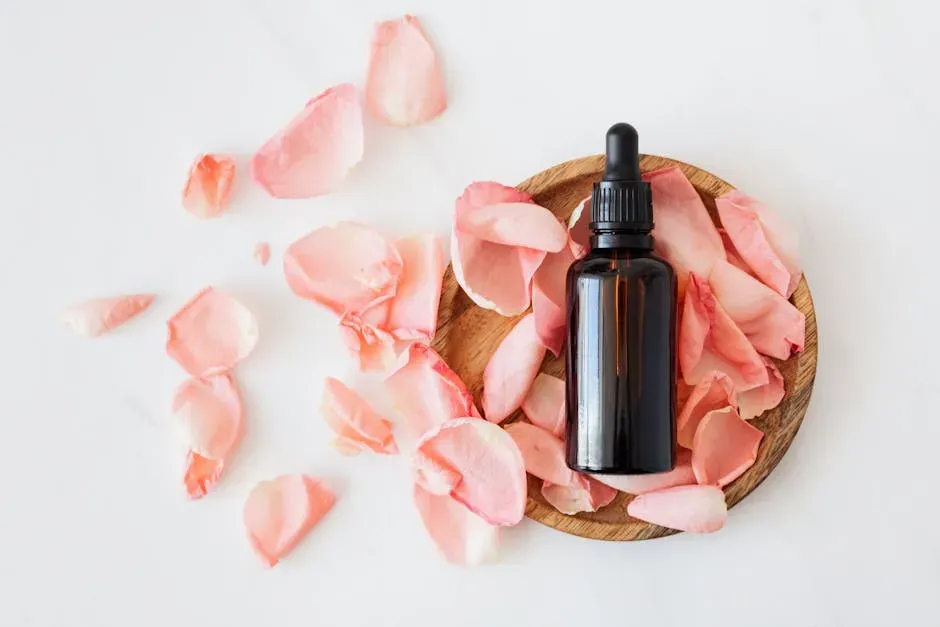Top Tips for Choosing the Right Organic Beard Oil for Your Skin Type
Understanding organic beard oil
Organic beard oil is made from natural ingredients like essential oils and carrier oils. It helps keep your beard and the skin underneath moisturized and healthy. Organic beard oil is free from synthetic chemicals, making it a good choice for those with sensitive skin. When selecting an organic beard oil, consider your skin type to ensure it meets your specific needs. Look for oils that are suitable for dry, oily, or combination skin. Additionally, check the ingredients list to ensure it does not contain any allergens that may irritate your skin.

Benefits of using organic beard oil
Organic beard oils are beneficial for maintaining the health of your facial hair and skin. Using organic beard oil can help nourish and moisturize your beard, preventing itchiness and dryness. It also softens the beard, making it easier to manage and style. Additionally, organic beard oils often contain natural ingredients that can promote hair growth and improve the overall condition of your beard and skin. By incorporating organic beard oil into your grooming routine, you can achieve a healthier, shinier, and more luscious beard.
Identifying your skin type
To identify your skin type, it's essential to understand how your skin typically behaves. Here are some simple indicators to help you figure it out:
- Oily skin: You might notice a shine on your face, especially in the T-zone (forehead, nose, and chin), and have larger pores.
- Dry skin: Your skin may feel tight, rough, or appear flaky. It could also be more prone to redness and irritation.
- Combination skin: You could have oily areas in the T-zone but dry patches on the cheeks.
- Sensitive skin: Your skin might react easily to certain products, resulting in redness, itching, or stinging sensations.
By identifying your skin type, you can better select the right organic beard oil that suits your skin's specific needs.
Selecting the right organic beard oil for dry skin
Organic beard oils are great for hydrating the skin under your beard. When choosing the right organic beard oil for dry skin, look for oils like argan oil and jojoba oil. These oils are known for their moisturizing properties. Avoid beard oils with alcohol as they can dry out your skin further. Opt for oils with natural ingredients to ensure they are gentle on your skin. Consider beard oils with vitamin E as it helps nourish and repair dry skin.
Choosing the best organic beard oil for oily skin
Look for organic beard oils that are labeled as "lightweight" or "non-greasy." These oils are designed to hydrate your skin without adding extra oiliness. Opt for ingredients like jojoba oil, argan oil, or grapeseed oil as they are known to balance oil production. Additionally, consider beard oils with tea tree oil or bergamot oil for their natural antibacterial properties to help control excess oil and prevent breakouts.
Organic beard oil for sensitive skin
Sensitive skin requires extra care when choosing organic beard oil. Look for products that are labeled as hypoallergenic or specifically formulated for sensitive skin. Ingredients like argan oil, jojoba oil, and aloe vera are gentle and soothing for sensitive skin. Avoid products with synthetic fragrances or harsh chemicals, as they may cause irritation. Conduct a patch test before applying the oil to your entire beard to ensure it does not cause any adverse reactions.
Factors to consider when choosing organic beard oil
When selecting organic beard oil, it's essential to consider a few key factors to ensure it suits your skin type. Here are some things to keep in mind as you make your choice:
- Skin Type: Understanding your skin type is crucial in selecting the right organic beard oil. Different oils work better for various skin types, so knowing yours can help you find the most suitable option.
- Ingredients: Look for oils with ingredients that cater to your skin's specific needs. Whether you have dry, oily, sensitive, or combination skin, choosing oils with the right ingredients can make a significant difference in the health of your beard and skin.
- Scent: Consider the scent of the organic beard oil as it can affect your overall grooming experience. Opt for scents that appeal to you and align with your preferences.
- Consistency: The consistency of the oil plays a role in how it feels on your skin and beard. Some prefer lighter oils that absorb quickly, while others may prefer thicker oils for more prolonged moisture.
- Brand Reputation: Check the reputation of the brand producing the organic beard oil. Look for reviews and feedback to ensure you're investing in a quality product that delivers results.
By considering these factors, you can confidently choose the right organic beard oil that best suits your skin type and grooming preferences.
Reading ingredient labels
When examining ingredient labels on organic beard oil products, focus on natural extracts like argan oil, jojoba oil, or coconut oil. Look out for essential oils such as lavender or peppermint, which can provide added benefits like a pleasant fragrance or antibacterial properties. Avoid products with artificial fragrances and harsh chemicals like sulfates or parabens, as these can irritate the skin. Opt for products with simple and recognizable ingredients for a healthier and more effective choice for your beard.
Testing the organic beard oil
When testing organic beard oil, take note of how your skin reacts. Look out for any irritation, redness, or breakouts. Ensure the scent is pleasant to you. Consider the absorption rate - you don't want a greasy residue all day. Check the ingredients to avoid any allergens or harsh chemicals. Observe how your beard feels afterward - is it softer, smoother, and more manageable? Experiment with different oils to find the one that suits your skin and beard the best.
Key points
Remember, when choosing organic beard oil for your skin, consider first identifying your skin type. This will help determine if you need a lightweight or heavier oil. Next, look at the ingredients list to ensure they are suitable for your skin and hair needs. Fragrance preferences should also be considered, as well as the brand's reputation for quality and customer satisfaction. Lastly, always do a patch test before applying the oil to your beard to avoid any potential skin reactions.
Share
A High Thyme FARMacy Blog











